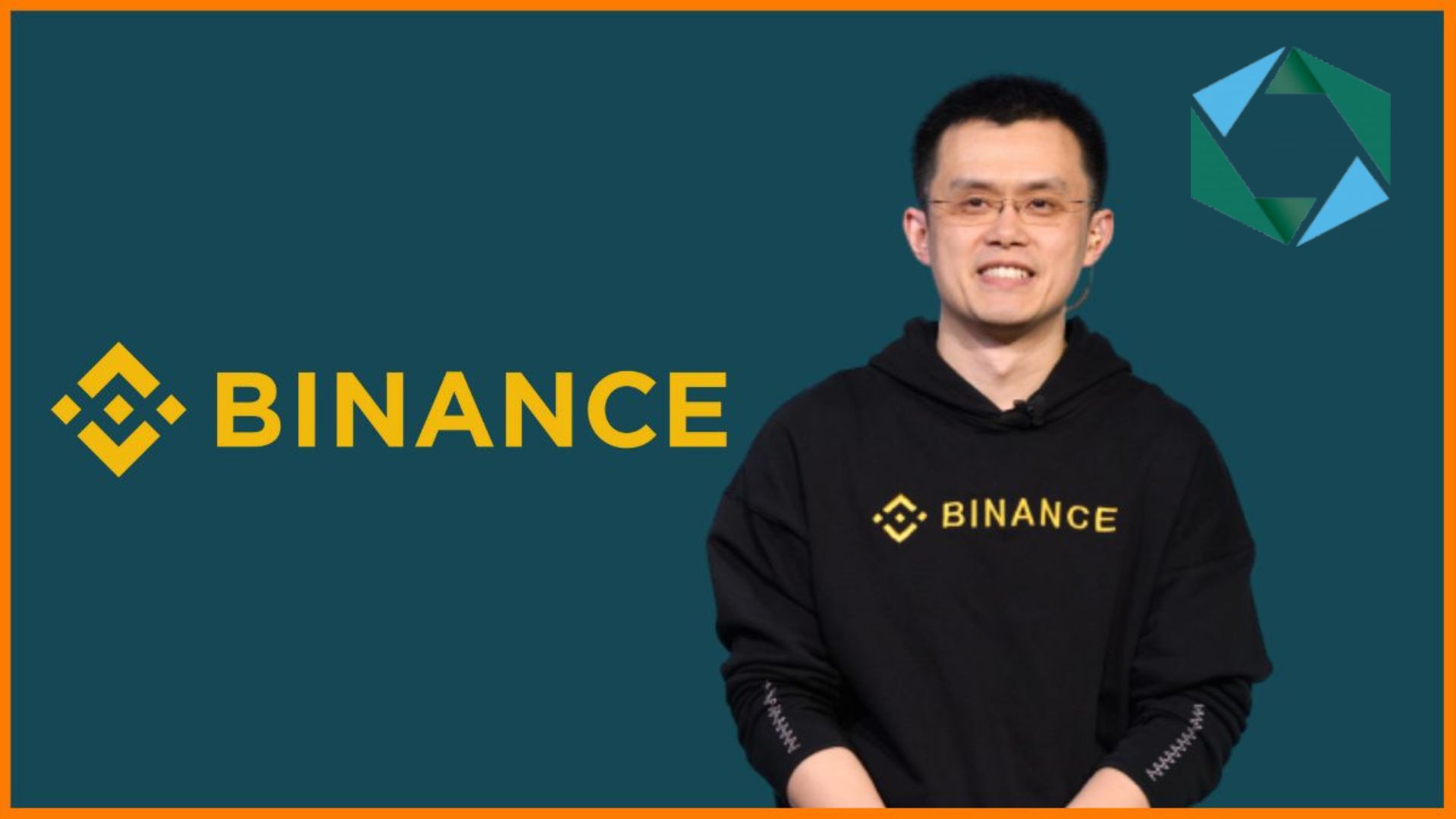Former President Donald Trump has issued a full pardon for Binance founder Changpeng “CZ” Zhao, closing one of the most closely watched cases in cryptocurrency history and sparking new debate over the direction of U.S. digital asset policy.
Zhao, who had pleaded guilty in 2023 to charges related to money laundering violations during his tenure as CEO of Binance, had been serving a short prison sentence following a landmark $4.3 billion settlement between the crypto exchange and the U.S. Department of Justice. Prosecutors had originally pushed for a multi-year sentence, arguing that Binance’s compliance failures allowed illicit transactions to move through its platform.
The White House described the decision as an effort to correct what it viewed as excessive enforcement against the cryptocurrency sector under the previous administration. Officials suggested that the case against Zhao reflected a broader pattern of hostility toward digital assets that, in their view, discouraged innovation and weakened the United States’ position as a global technology leader.
Zhao’s return to public life is expected to have wide-ranging implications for the crypto industry. Supporters see the pardon as a signal that Washington may adopt a more constructive stance toward blockchain and decentralized finance. Others view it as a politically charged move that raises questions about the growing influence of wealthy crypto figures in U.S. policymaking.
The timing of the pardon has drawn particular attention because of reports linking a Trump-affiliated cryptocurrency venture to trading infrastructure associated with Binance. The project, which reportedly generated billions of dollars in value after the 2024 election, has fueled speculation that Zhao’s reinstatement could strengthen ties between political and corporate crypto interests.
In financial markets, the decision was interpreted as a potential boost for sentiment across the digital asset sector. Traders and fund managers see the move as a possible preview of lighter regulation and renewed growth momentum in an industry that has faced years of uncertainty. Some analysts noted that restoring a high-profile figure like Zhao could accelerate investment in U.S.-based blockchain initiatives, particularly if the administration follows through with policies aimed at promoting innovation and capital formation.
Critics, however, argue that the pardon undermines confidence in fair and consistent regulation. Lawmakers who have long pressed for stricter oversight of cryptocurrency markets warned that leniency toward industry executives could set a troubling precedent, encouraging future violations by major exchanges.
Despite the controversy, the decision underscores the shifting balance of power in Washington as digital assets become a more prominent component of the economy. With Zhao now free to re-enter the industry, Binance and the broader crypto market may find new momentum — though questions about transparency, accountability, and influence are likely to persist.
The pardon not only revives one of crypto’s most influential figures but also signals that the United States may be entering a new era of engagement with digital finance — one defined as much by political calculation as by innovation.
